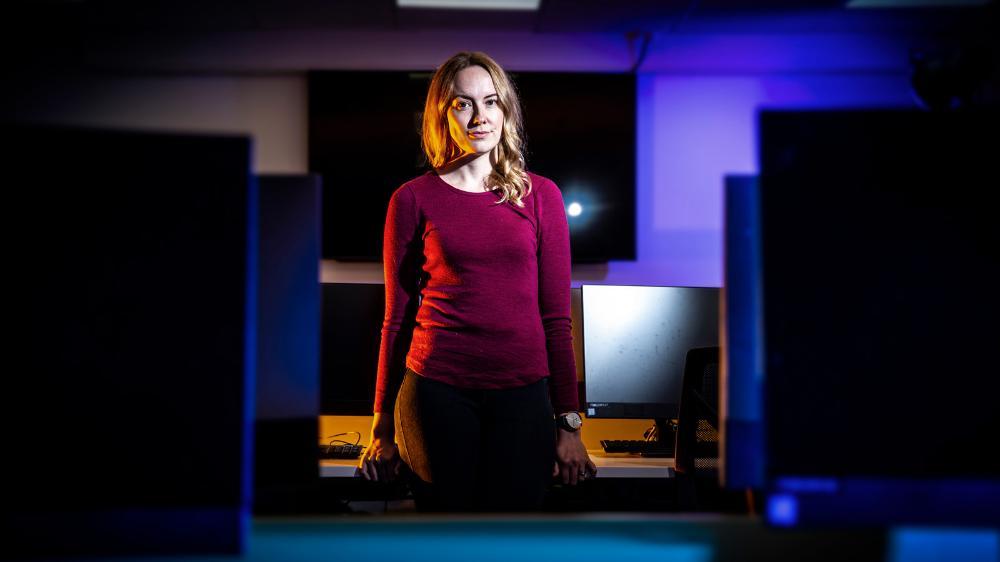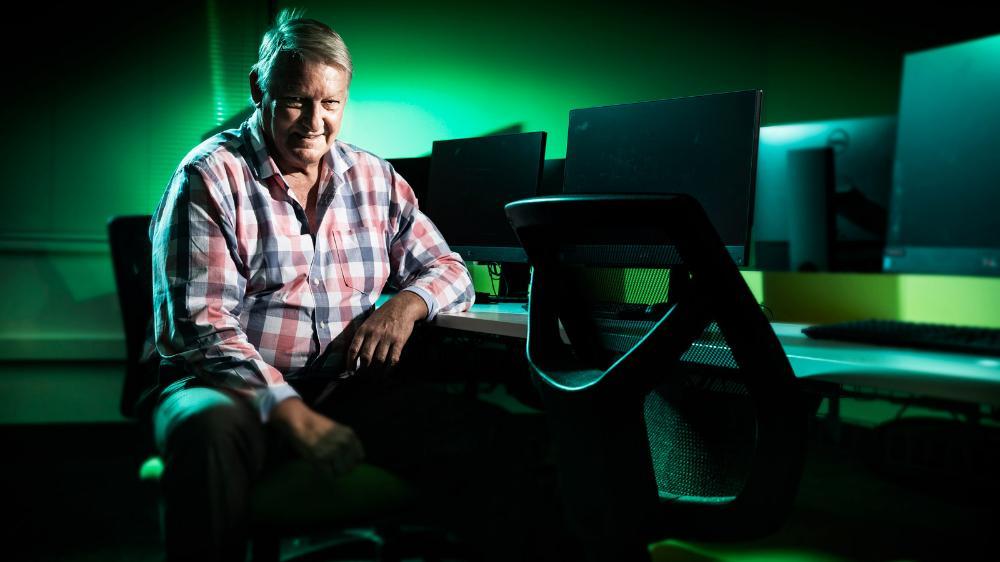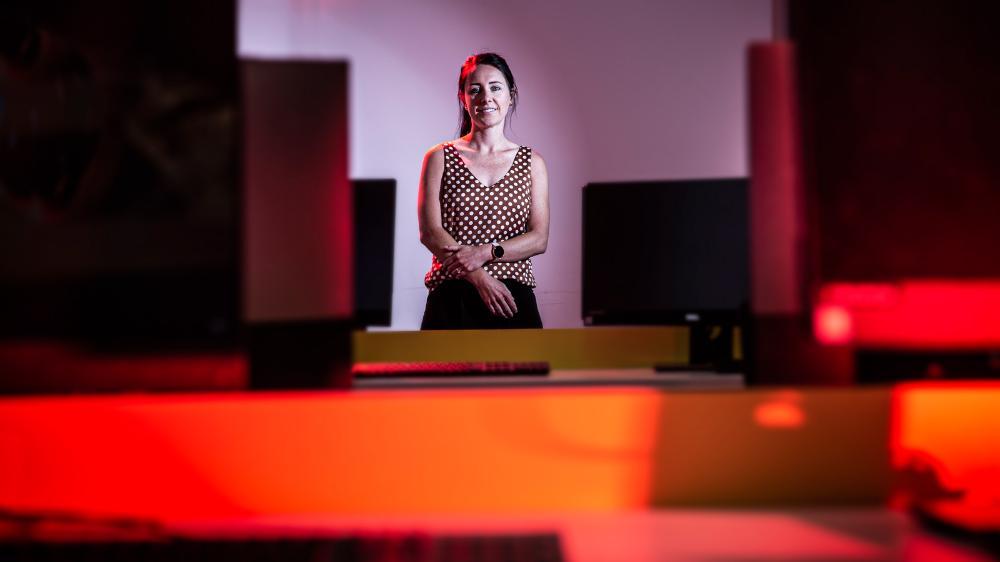It was actually because of a financial attack on his own business that Dr Fargher, who has a background in psychology and marketing, became interested in accounting. Approaching the age of 40, he enrolled in an accountancy degree so he would never again run the risk of not understanding the intricacies of how accounts could be jeopardised.
After graduating, Dr Fargher joined the Australian Tax Office, working his way up to become an Assistant Commissioner overseeing many tax compliance programs, including the ATO’s response to the cash economy.
“I had a team of hundreds working for me and I continued on with the UOW forensic accounting course and liked it so much I left the ATO and became a lecturer in the program. I set up my own commercial forensic accounting consultancy,” he says.
“I have always enjoyed working with businesses and understanding them. Forensic accounting straddles both law and accounting and my psychology degree helps me understand the behaviour around the fraud cycle.
“You can add a lot of other disciplines around the core body of knowledge [of accountancy] from criminology, law, psychology. If you look at the skills of an auditor – another specialisation in accountancy – it deals with how people account for their business activities ranging from financial transactions to implementing their social obligations and managing risks. For example, in preventing what happened with Westpac in 2019, in regards to money laundering and counter-terrorism.”
Dr Fargher says forensic accounting is one of the fastest growing sectors of the industry.
“Being able to trace the money in globalisation is important. I have given evidence in anti-money laundering, murder, economic loss, marriage dissolution, and smuggling cases. My work in a successful defence in a murder involved me disproving that there was a financial motive for the crime.
“Then there are cases where I have investigated and found evidence of businesses being subsidised by illegal or undeclared activities, or tracing assets. My job is to go back and reconstruct the business and see where the anomalies are and to follow through those ‘loose threads’.
“Because I understand businesses I can see what has changed and where the problems may lie. I consider myself a bloodhound rather than a watch dog – I start at one end and sniff things out for the answer to the problem.”


